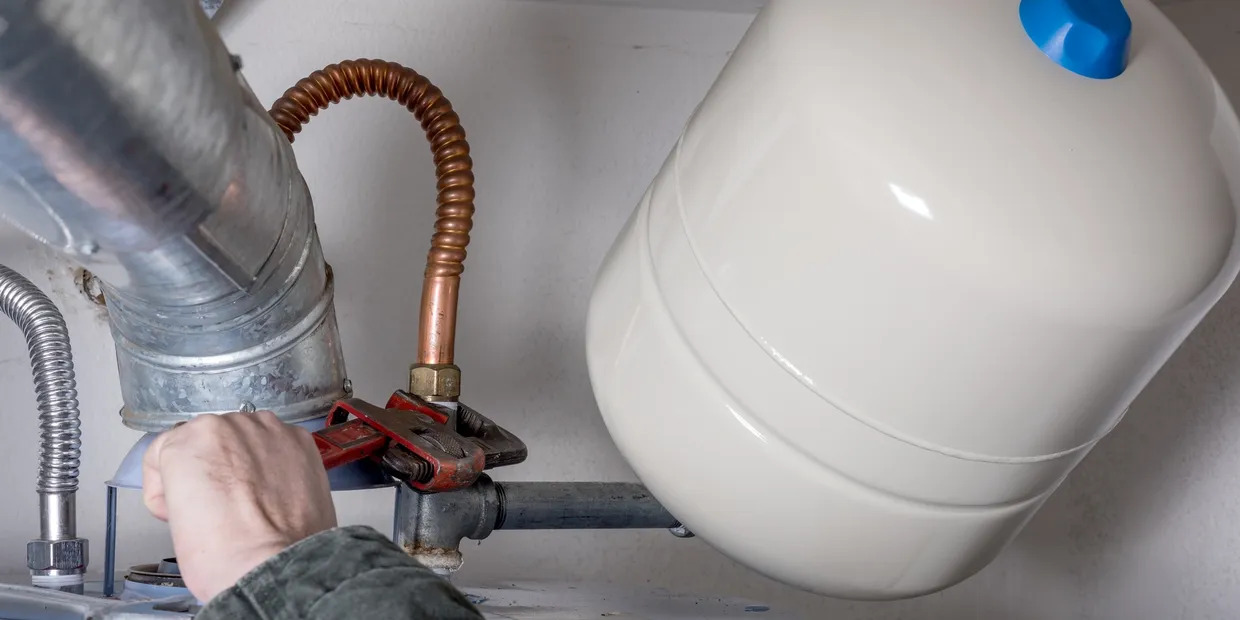

Articles
How Much To Fix A Water Heater
Modified: February 22, 2024
Learn about the costs involved in fixing a water heater with our informative articles. Get expert tips and guidance to help you make the right decision.
(Many of the links in this article redirect to a specific reviewed product. Your purchase of these products through affiliate links helps to generate commission for Storables.com, at no extra cost. Learn more)
Introduction
A water heater is an essential appliance in any household, providing hot water for bathing, cooking, and cleaning. However, like any other appliance, water heaters are prone to wear and tear, and may require repairs or maintenance over time.
When your water heater starts malfunctioning, it is important to address the issue promptly to avoid further damage and inconvenience. However, one common concern that homeowners have is the cost of repairing a water heater. How much can you expect to pay to fix a water heater?
In this article, we will discuss the various factors that can influence the cost of water heater repairs, common issues that require repair, and provide tips on how to minimize these costs. Whether you’re experiencing a minor issue or a major problem with your water heater, understanding the factors affecting repair costs can help you make informed decisions and ensure the long-lasting functionality of your appliance.
Key Takeaways:
- Understanding the factors affecting water heater repair costs, such as type, extent of damage, and accessibility, can help homeowners estimate potential expenses and make informed decisions about repairs.
- Proactive maintenance, prompt issue addressing, and professional assistance can minimize water heater repair costs, prolong the appliance’s lifespan, and ensure a reliable hot water supply for households.
Read more: How Much Is It To Replace A Water Heater
Factors Affecting Water Heater Repair Costs
Several factors can influence the cost of repairing a water heater. Understanding these factors can help you estimate the potential expenses and make informed decisions regarding your repair options. Here are some key factors to consider:
- Type of water heater: The type of water heater you have can impact repair costs. Traditional tank-based water heaters and tankless water heaters have different repair requirements and components, which can affect the overall cost.
- Extent of the damage: The extent of the damage to your water heater will play a significant role in determining the repair costs. Minor issues, such as a faulty thermostat or a leaking valve, may incur lower expenses compared to major problems like a damaged heating element or a corroded tank.
- Age of the water heater: The age of your water heater can affect the repair costs. Older models may require rarer or discontinued parts, which can be more expensive to source. Additionally, older water heaters may have deteriorated components that require additional repairs or replacements.
- Accessibility: The accessibility of your water heater can impact labor costs. If your water heater is located in a hard-to-reach area, such as a cramped basement or a tight utility closet, it may require more time and effort for technicians to access and repair the unit.
- Local labor rates: Labor rates can vary depending on your location. In areas with higher living costs or a shortage of skilled technicians, the cost of labor for water heater repairs may be higher.
- Additional parts or materials: Depending on the issue, your water heater repair may require the replacement of certain parts or the use of additional materials. These additional expenses can impact the overall repair cost.
It is important to note that the above factors are general guidelines, and the specific cost of repairing your water heater may vary based on your unique circumstances. Consulting with a professional plumber or technician can provide you with a more accurate estimate for your specific repair needs.
Common Water Heater Issues and Their Repair Costs
Water heaters can experience a range of issues, from minor faults to major malfunctions. Here are some common water heater problems and their potential repair costs:
- Thermostat malfunction: If your water heater is not producing hot water or the temperature is inconsistent, it may be due to a faulty thermostat. The cost to repair or replace a thermostat typically ranges from $100 to $300, depending on the type of water heater and the complexity of the repair.
- Heating element failure: Heating elements can deteriorate over time, resulting in reduced hot water production or no hot water at all. The average cost to replace a heating element is around $200 to $400, including the price of the new element and labor.
- Leaking tank: A leaking tank is a significant issue that typically requires immediate attention. The cost to repair a leaking tank can vary depending on the severity of the leak and whether it can be patched or if a full tank replacement is necessary. Repair costs for leaks generally range from $300 to $1,500 or more.
- Sediment buildup: Over time, sediment can accumulate in the bottom of the tank, leading to reduced efficiency and potential damage to the water heater. Flushing the tank to remove sediment buildup typically costs around $100 to $200, depending on the size of the tank and the complexity of the process.
- Pilot light issues: If the pilot light on your gas water heater keeps going out or won’t stay lit, it could indicate a problem with the thermocouple or gas valve. Repair costs for pilot light issues can range from $150 to $400.
- Pressure relief valve malfunction: A malfunctioning pressure relief valve can result in excessive pressure inside the tank, potentially leading to leaks or even tank rupture. The average cost to replace a pressure relief valve is around $150 to $250.
These are just a few examples of common water heater issues and their approximate repair costs. Keep in mind that the actual repair costs may vary depending on factors such as the make and model of your water heater, the location of the issue, and local labor rates. It is always best to consult with a professional plumber or technician to assess the specific problem and provide an accurate estimate for repairs.
Regular maintenance can help prevent costly water heater repairs. Flushing the tank annually and checking for leaks can extend the life of your water heater.
DIY vs Professional Water Heater Repairs
When facing water heater issues, homeowners may wonder whether it is better to attempt a DIY repair or to seek the assistance of a professional plumber. While certain minor repairs can be safely carried out by homeowners, it is important to understand the risks and limitations involved.
DIY Water Heater Repairs:
DIY repairs can be a cost-effective option for minor issues that do not require specialized knowledge or tools. For example, replacing a faulty thermostat or replacing a pilot light assembly may be relatively straightforward for those with basic plumbing skills. However, it is crucial to follow safety guidelines and ensure that you have the necessary knowledge and expertise to properly conduct the repair. Incorrect DIY repairs can lead to further damage, void warranties, and even pose safety risks.
Professional Water Heater Repairs:
For more complex issues or major malfunctions, it is highly recommended to seek the assistance of a professional plumber or technician who specializes in water heater repairs. Hiring a professional offers several advantages:
- Expertise and Experience: Professional plumbers have the necessary training, knowledge, and experience to accurately diagnose and repair water heater problems. They can quickly identify the root cause of the issue and implement the most suitable solution.
- Quality Workmanship: Professionals ensure that repairs are carried out to the highest standards, minimizing the risk of future problems and ensuring the longevity of your water heater. They have access to quality replacement parts and can perform repairs with precision and efficiency.
- Safety: Water heaters involve electrical and gas components, which can be hazardous if handled incorrectly. Professional plumbers are trained in safety protocols and can handle these potentially dangerous situations with care and expertise, ensuring the safety of your household.
- Warranty Protection: Many water heaters come with manufacturer warranties that require professional installation and repairs to remain valid. Hiring a professional ensures that you do not void the warranty and that you have recourse in case of future issues.
While professional water heater repairs may come with a cost, the benefits of hiring a professional often outweigh the potential pitfalls of DIY repairs. DIY repairs should be limited to minor issues that do not involve complex components or pose safety risks. When in doubt, it is best to consult with a professional plumber, who can assess the problem, provide an accurate estimate, and recommend the most suitable course of action.
Tips for Minimizing Water Heater Repair Costs
While water heater repairs are sometimes unavoidable, there are several proactive steps you can take to minimize the need for repairs and keep costs in check. Here are some helpful tips:
- Maintain regular maintenance: Regular maintenance is crucial to keep your water heater running smoothly. Follow the manufacturer’s guidelines for maintenance, which may include flushing the tank, checking the pressure relief valve, and inspecting the anode rod. Routine maintenance can help prevent issues and extend the lifespan of your water heater.
- Monitor for leaks and drips: Keep an eye out for any signs of leaks or drips around your water heater. Catching these issues early can prevent further damage and more expensive repairs. It’s a good idea to check the area around your water heater periodically.
- Adjust the temperature settings: Setting your water heater’s temperature to an appropriate level can prevent overheating and reduce strain on the system. Consult the owner’s manual or seek professional advice to determine the ideal temperature setting for your water heater.
- Test the pressure relief valve regularly: The pressure relief valve is crucial for preventing excessive pressure buildup in your water heater. Test it periodically to ensure it is functioning properly. If you notice any issues with the valve, have it repaired or replaced promptly.
- Address minor issues promptly: Don’t ignore minor issues with your water heater, such as strange noises, inconsistent temperature, or a slow recovery rate. Ignoring these problems can lead to more significant issues and more expensive repairs down the line. Addressing minor issues promptly can help prevent further damage and save you money in the long run.
- Consider a water heater blanket: Insulating your water heater with a blanket can help improve its energy efficiency and reduce heat loss, thereby reducing the workload on the system. This can potentially lower your energy bills and extend the lifespan of your water heater.
- Consult with a professional: If you’re unsure about any aspect of your water heater’s maintenance or repair needs, it’s best to consult with a professional plumber. They can provide expert advice, identify potential issues early on, and recommend the most cost-effective solutions.
By following these tips, you can proactively maintain your water heater and minimize the need for repairs. While some maintenance and repairs can be done by homeowners, it’s important to know your limits and seek professional assistance when needed. Remember, taking preventive measures and addressing issues promptly can help prolong the lifespan of your water heater and save you money in the long run.
Read more: How Much Is A Scrap Water Heater Worth
Conclusion
Water heater repairs are an inevitable part of homeownership, but understanding the factors that influence the cost of repairs and taking proactive measures can help minimize expenses. By considering the type of water heater, the extent of the damage, the age of the unit, and accessibility, you can have a better idea of the potential repair costs.
Common water heater issues such as thermostat malfunctions, heating element failures, leaking tanks, sediment buildup, pilot light problems, and pressure relief valve malfunctions all have varying repair costs depending on the severity of the issue. It’s important to address these issues promptly to prevent further damage and higher expenses down the line.
When it comes to repairs, homeowners may contemplate whether to tackle the repair themselves or hire a professional. While some minor repairs can be done DIY, it is crucial to understand the risks and limitations involved. Major issues and complex repairs are best left to professional plumbers who have the expertise, experience, and necessary tools to safely and effectively address the problem.
To minimize water heater repair costs, it’s essential to practice regular maintenance, monitor for leaks and drips, adjust temperature settings, test the pressure relief valve, address minor issues promptly, consider insulation with a water heater blanket, and consult with professionals when needed. These proactive measures can help extend the lifespan of your water heater and minimize the need for costly repairs.
In conclusion, being knowledgeable about the factors affecting water heater repair costs, common issues, and the benefits of professional repairs can empower homeowners to make informed decisions. By taking preventative measures, conducting regular maintenance, and promptly addressing any problems that arise, homeowners can minimize water heater repair costs and enjoy the benefits of a reliable and efficient water heating system.
Frequently Asked Questions about How Much To Fix A Water Heater
Was this page helpful?
At Storables.com, we guarantee accurate and reliable information. Our content, validated by Expert Board Contributors, is crafted following stringent Editorial Policies. We're committed to providing you with well-researched, expert-backed insights for all your informational needs.
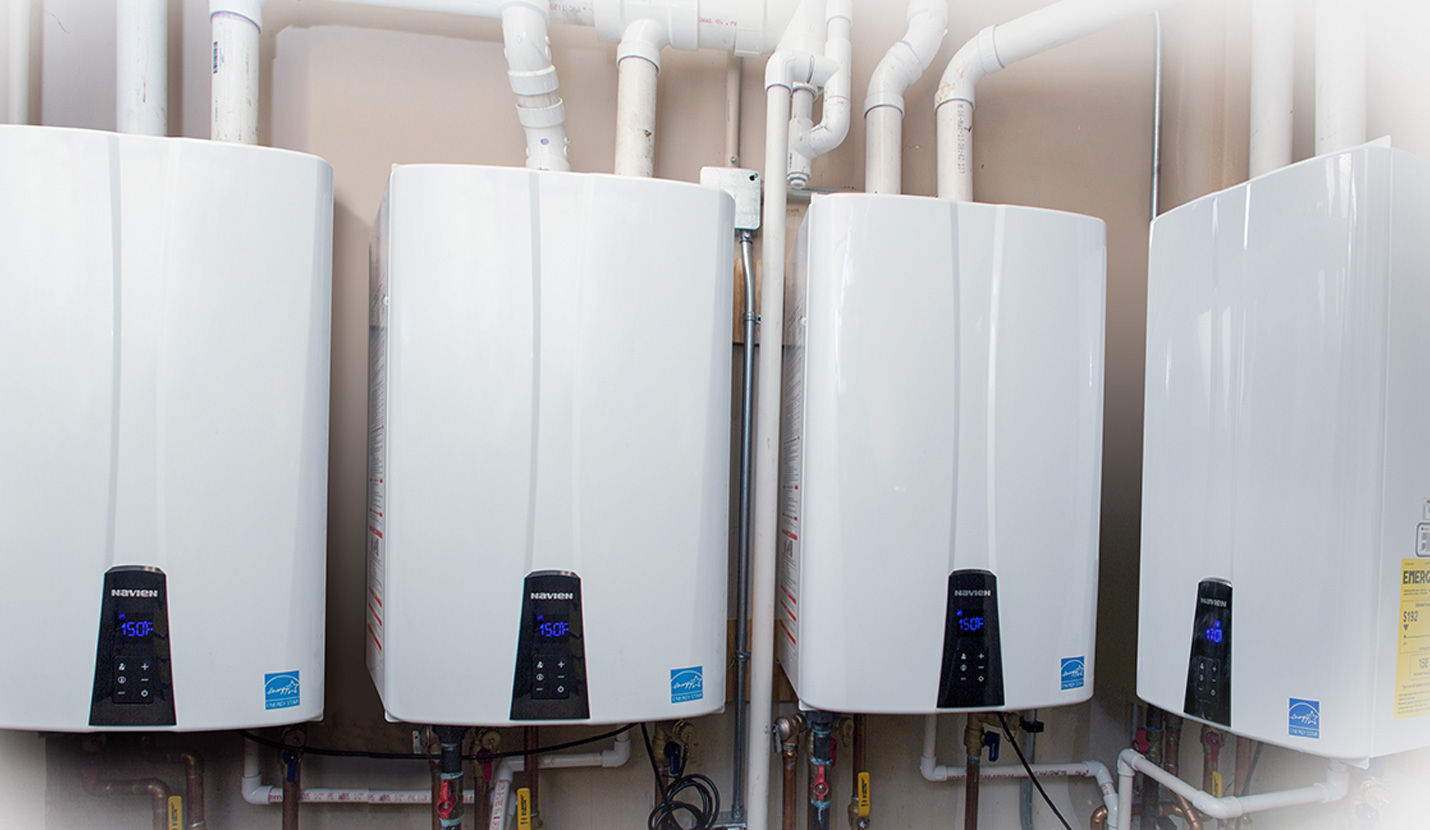
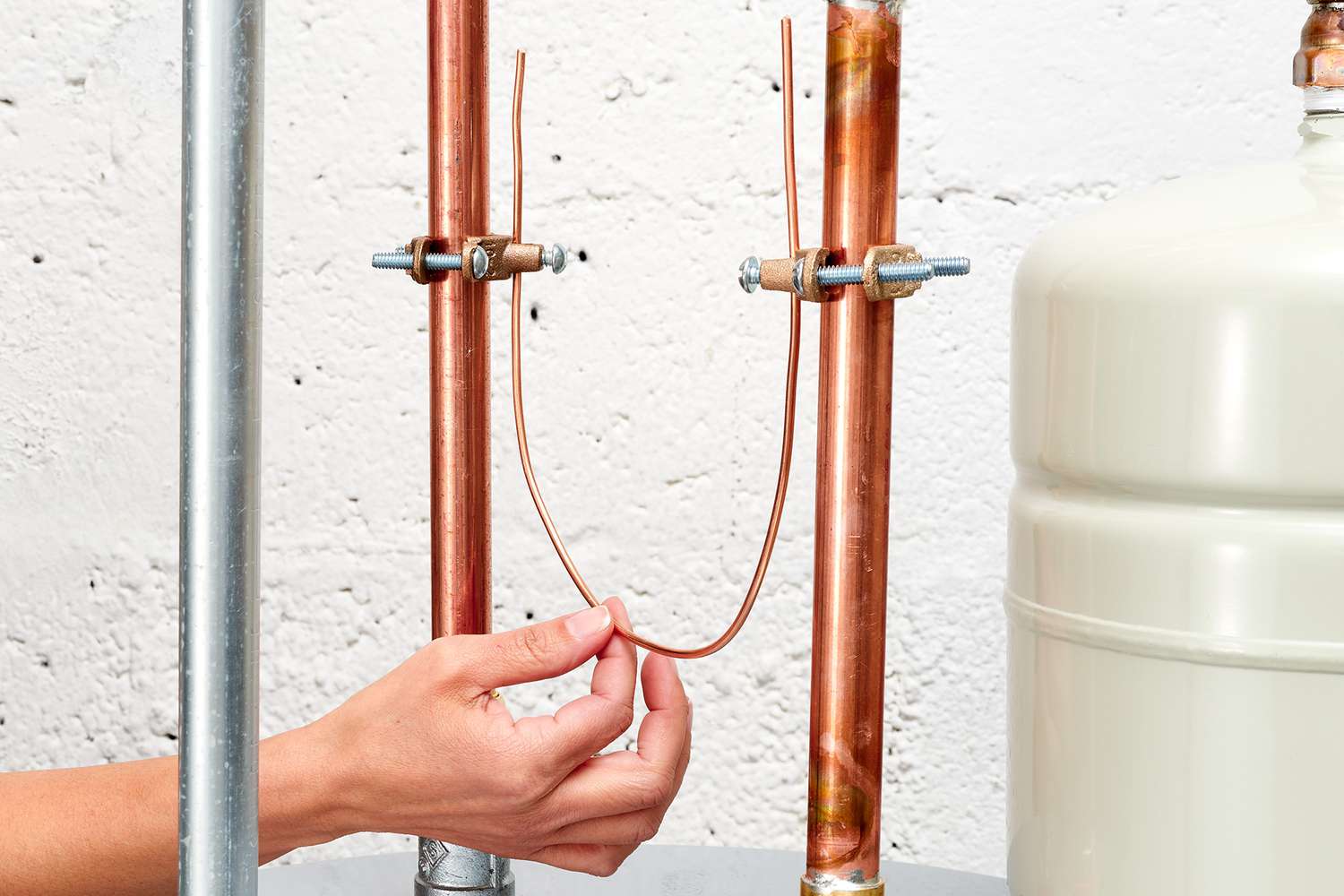
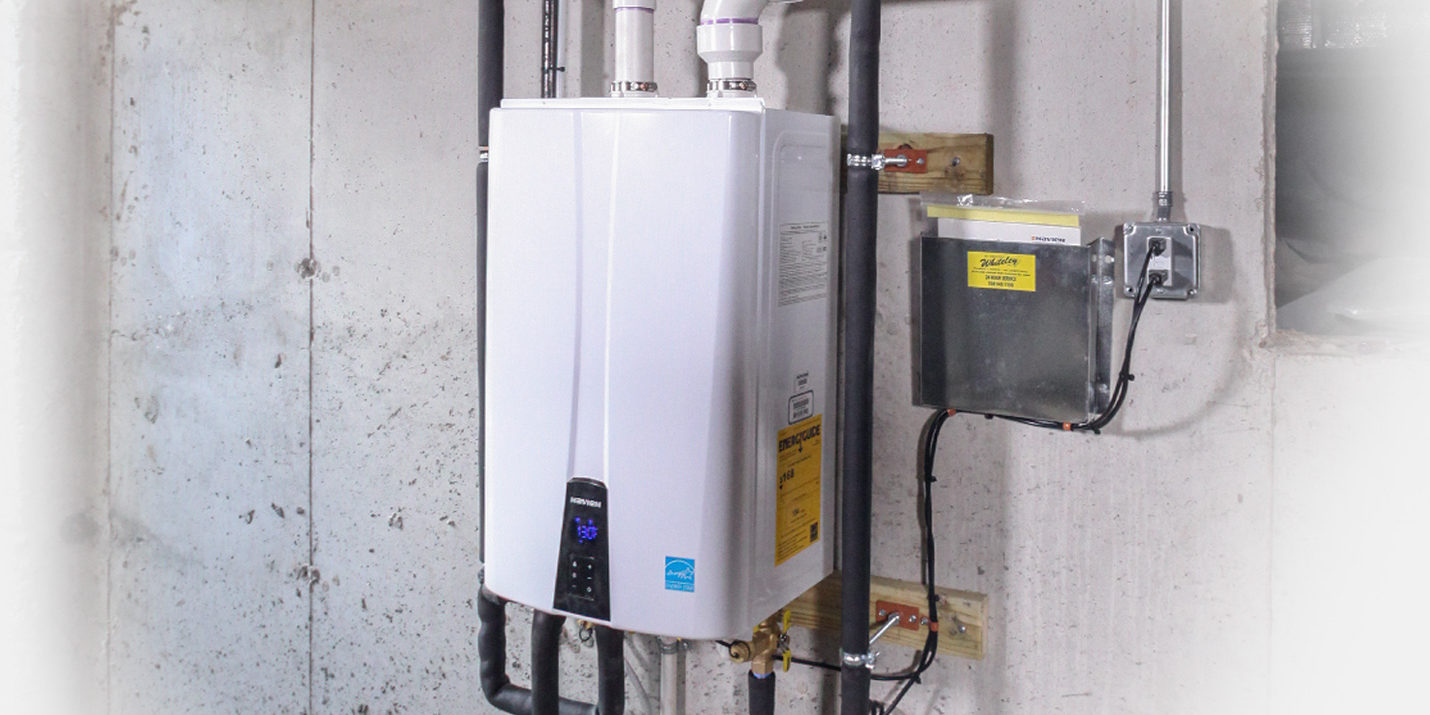
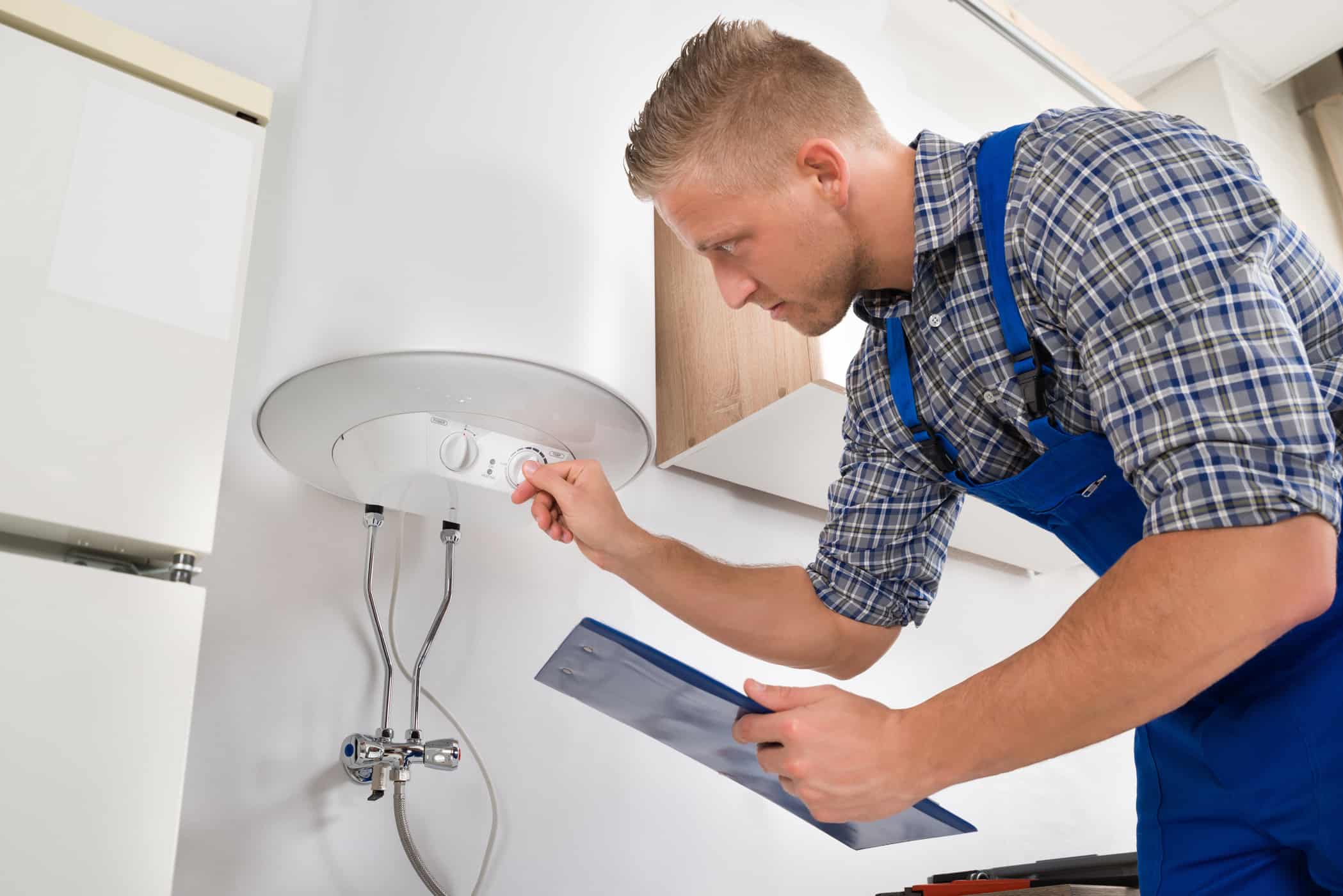
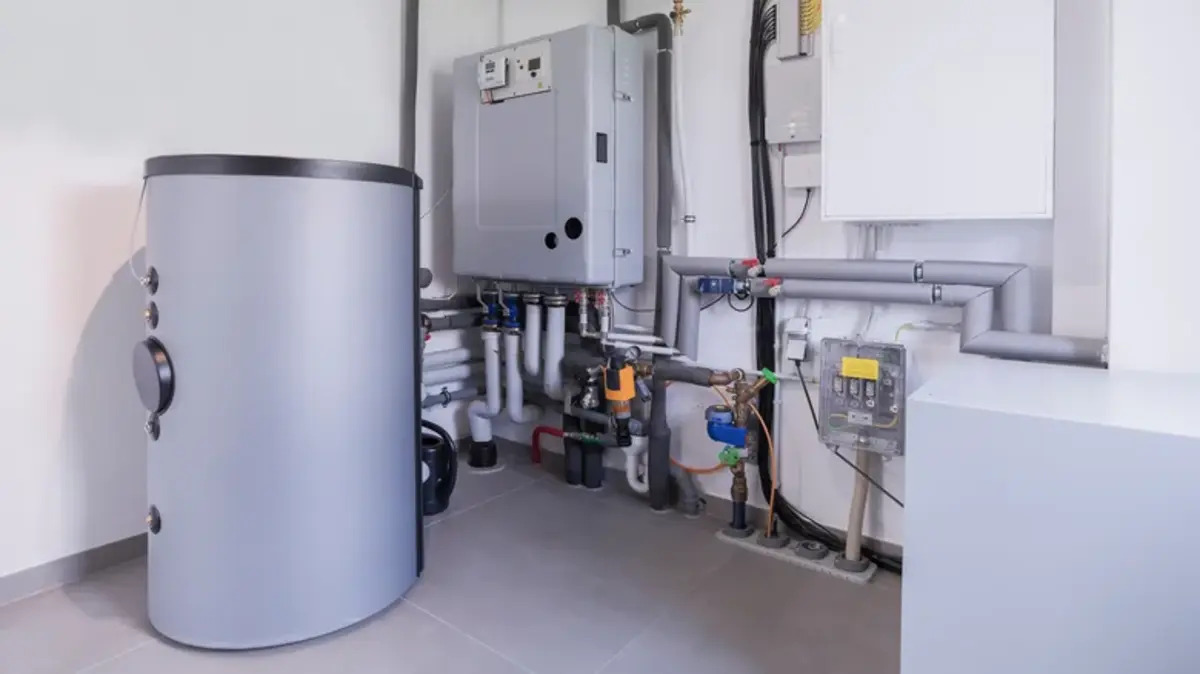
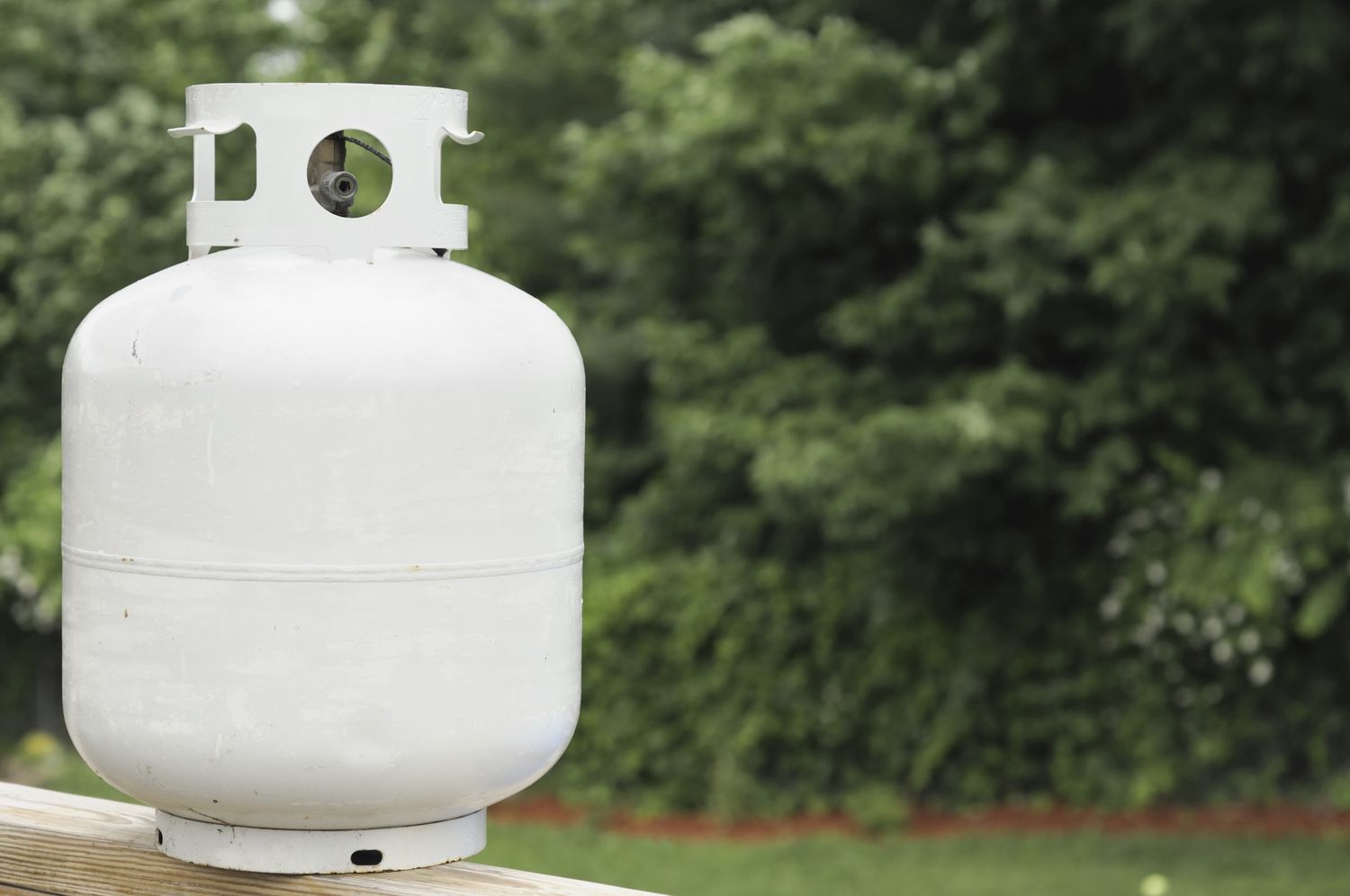
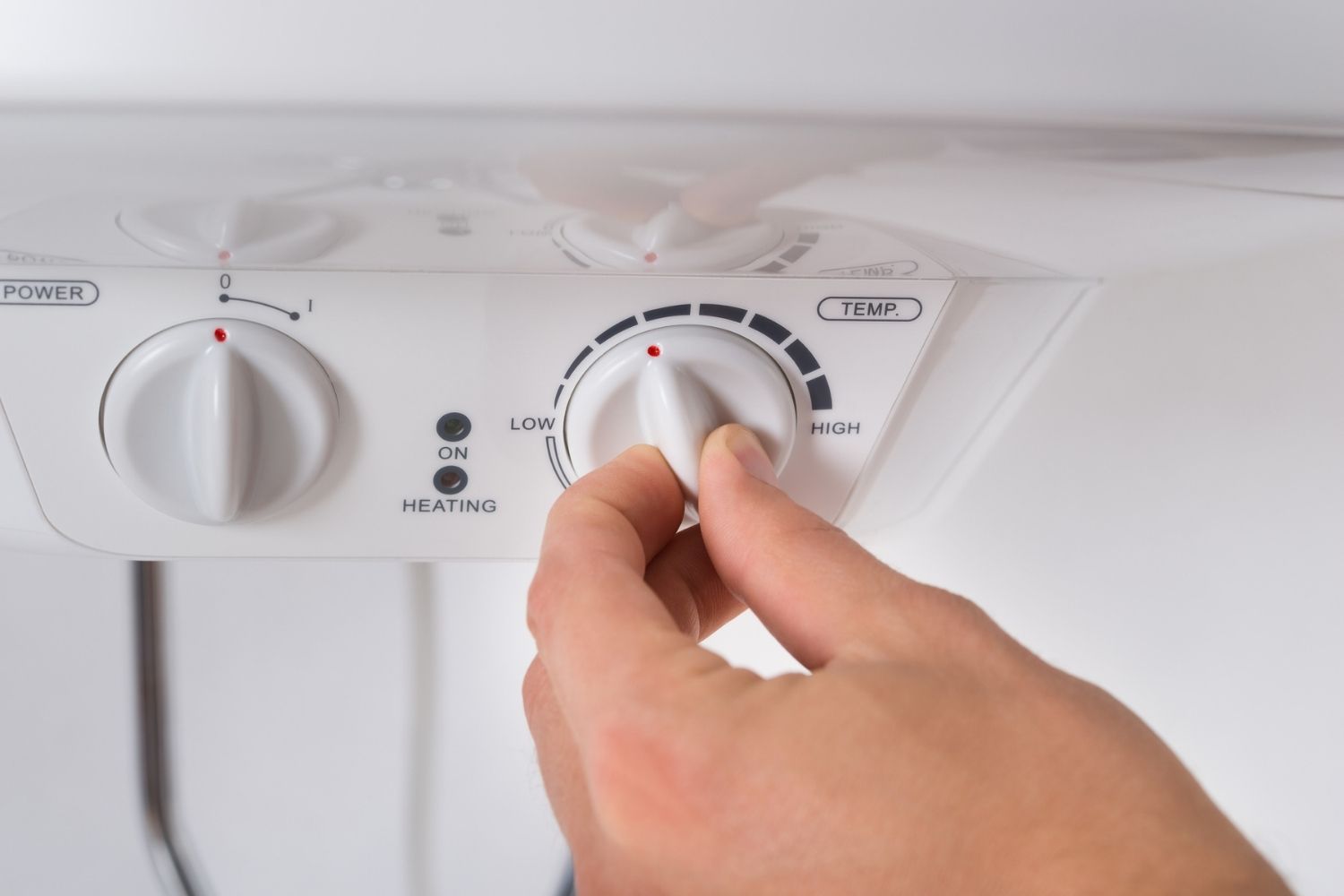
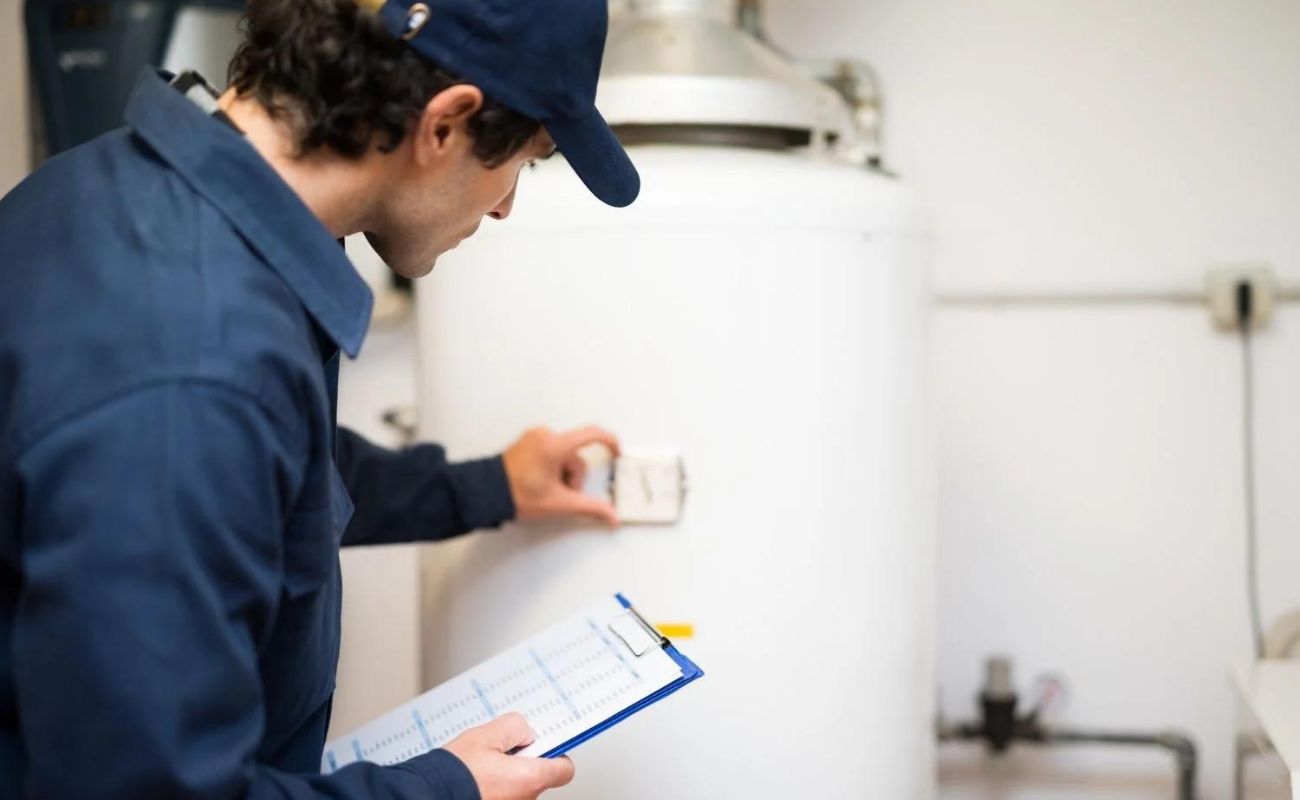
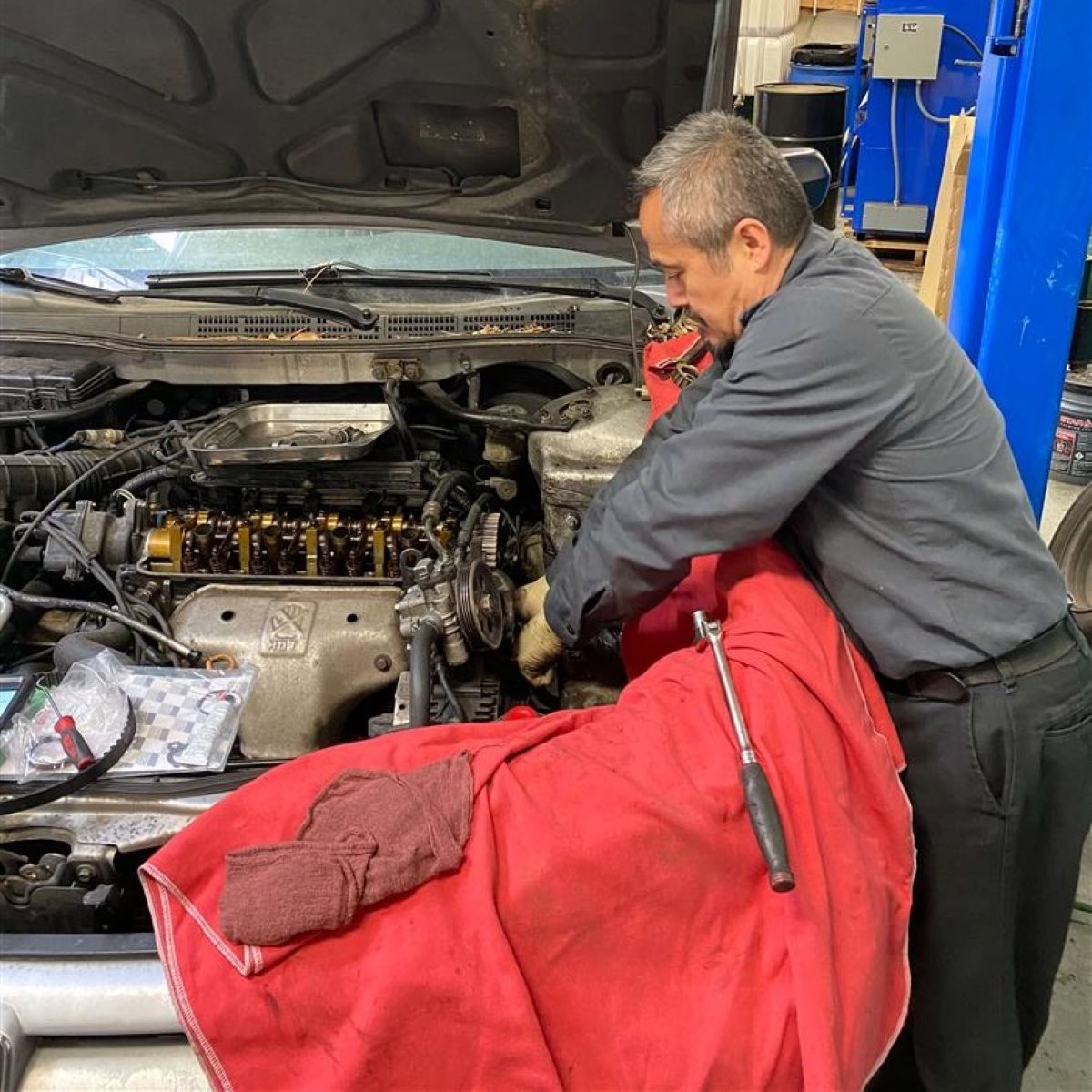
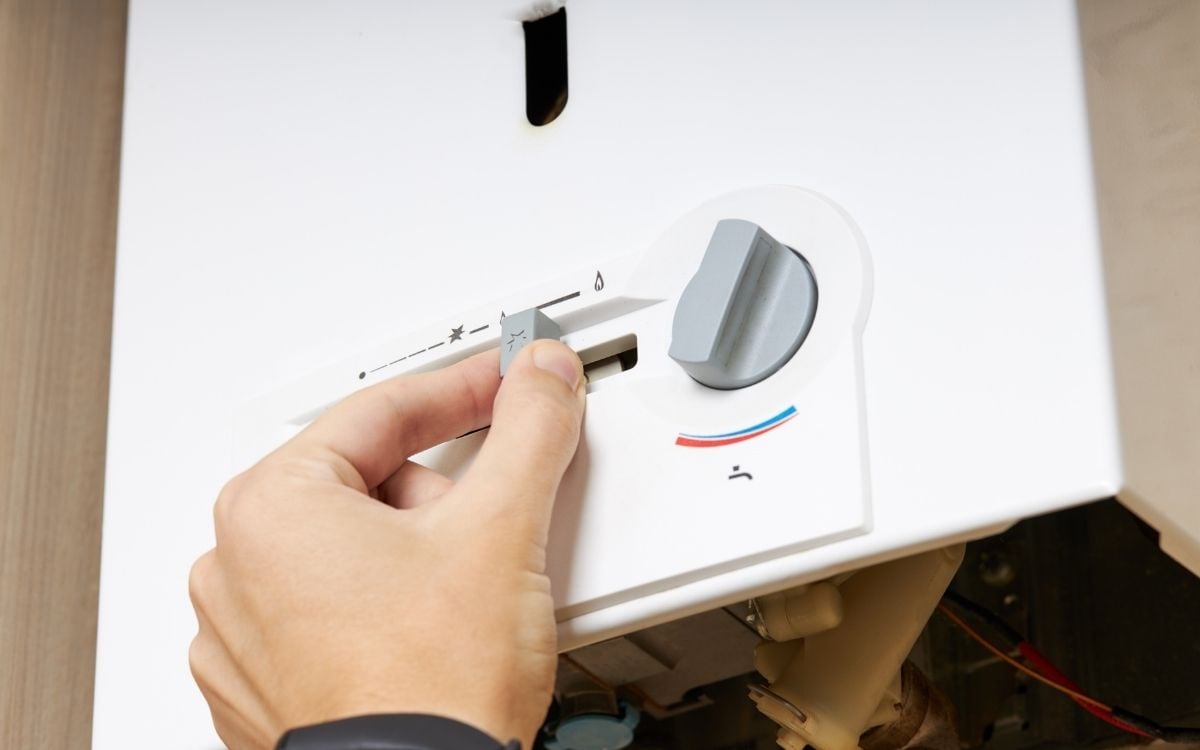
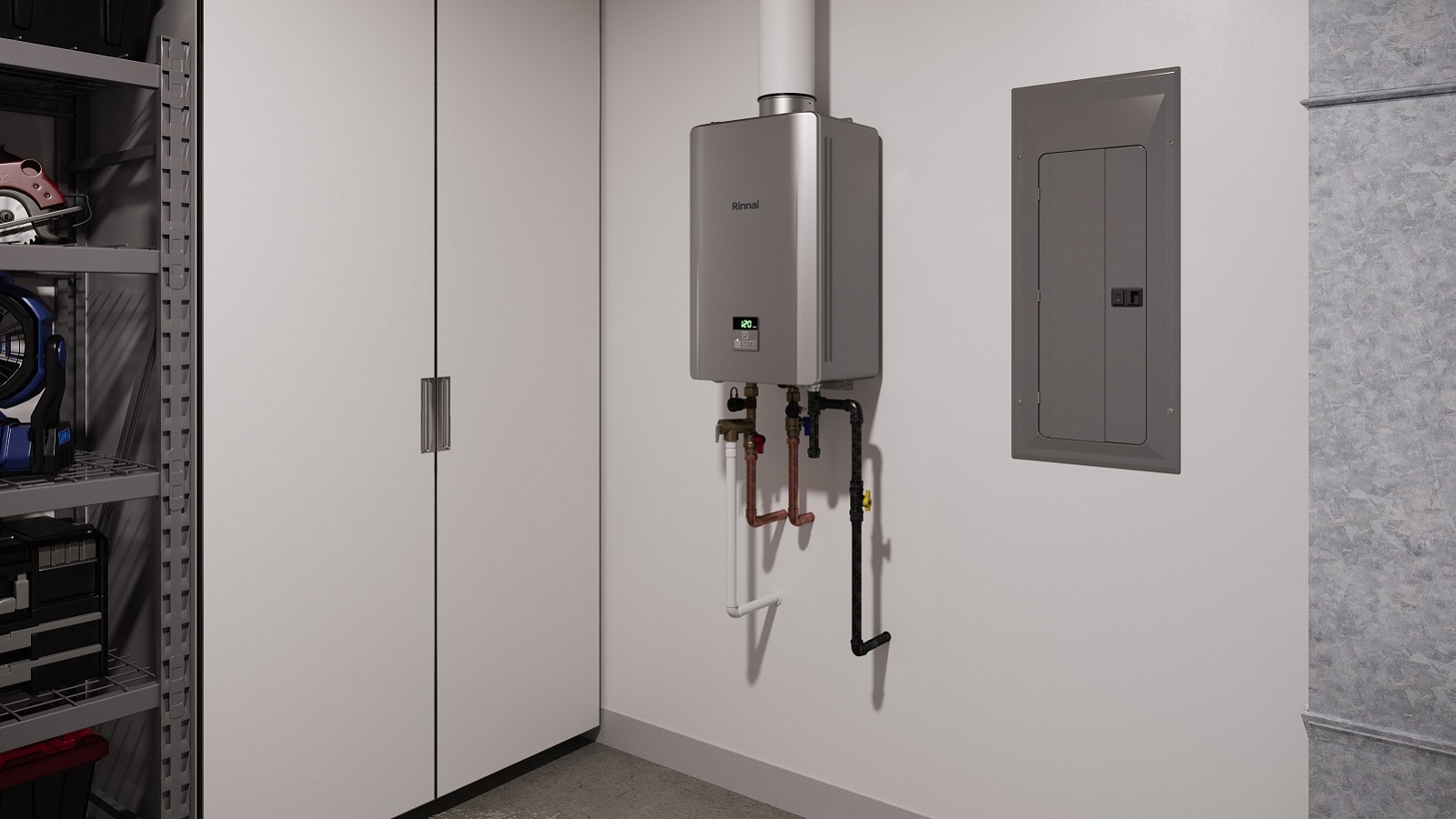
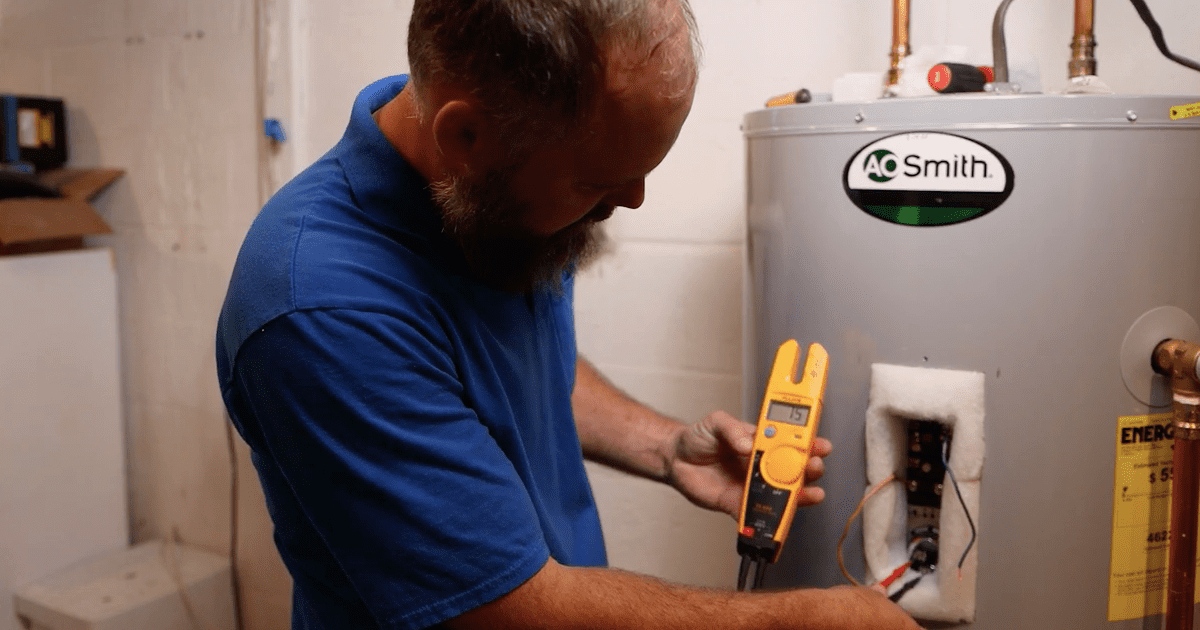
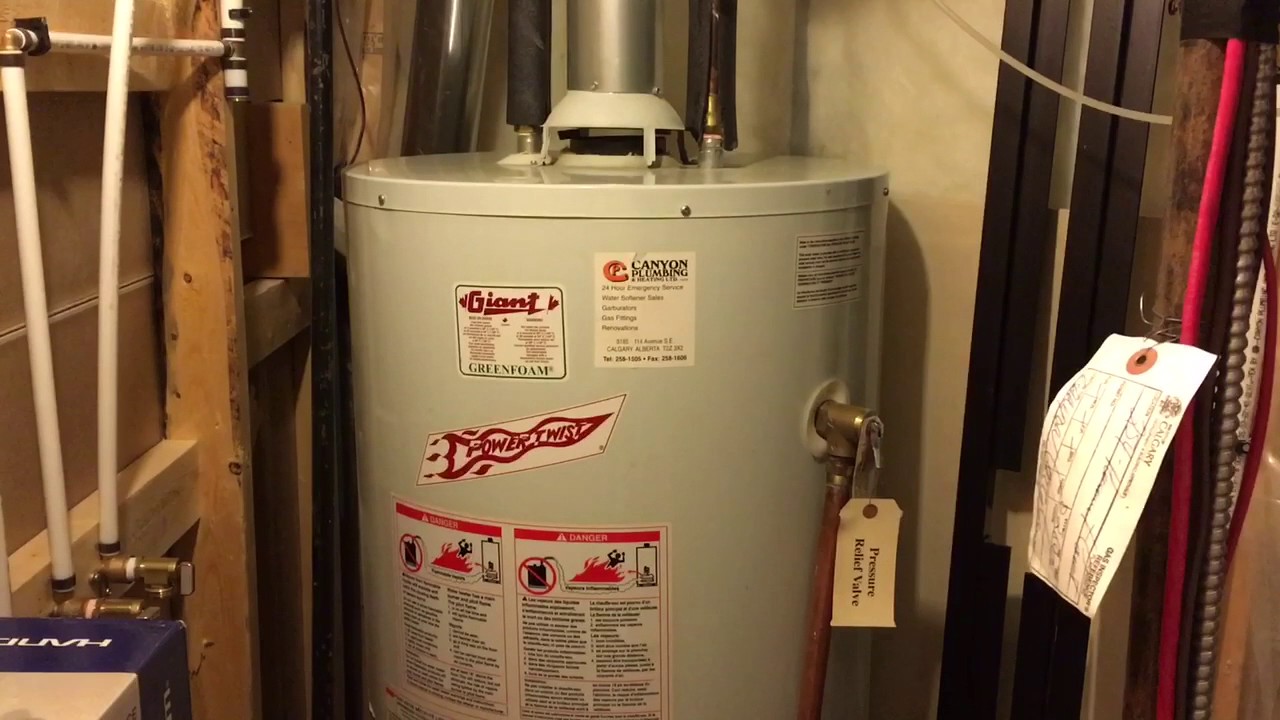
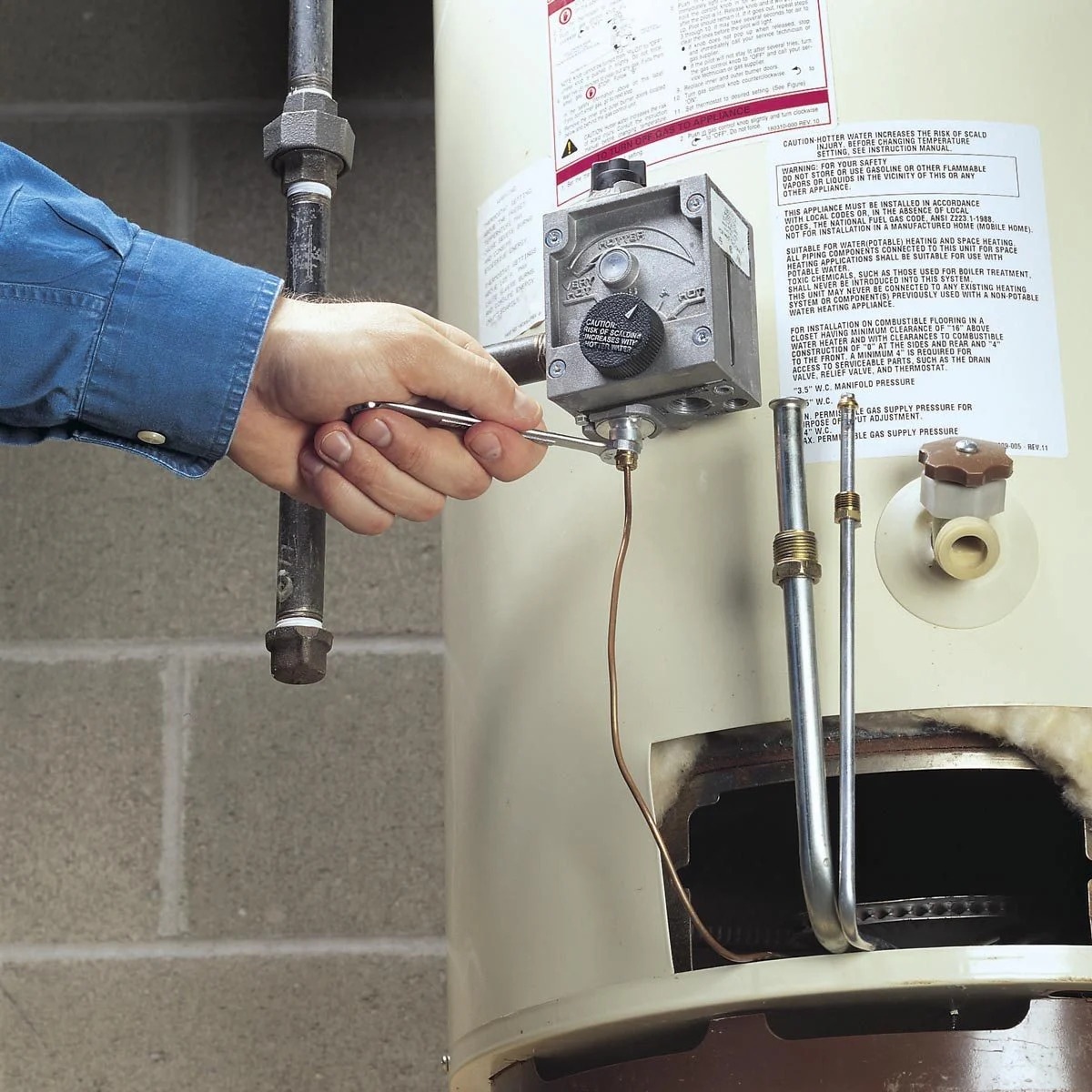

0 thoughts on “How Much To Fix A Water Heater”